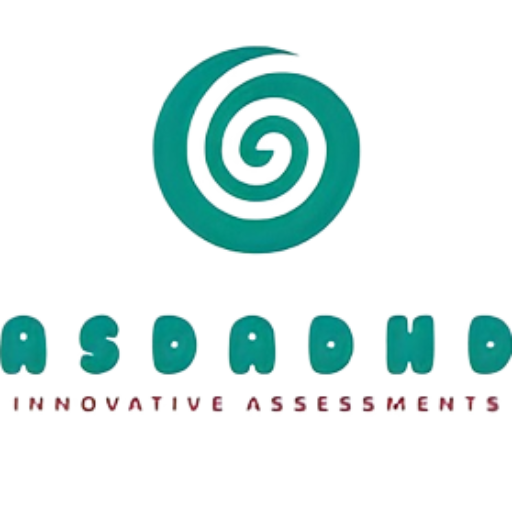19 Apr, 2024 | anishdr | No Comments
Unveiling the World of Inattentive ADHD: Understanding Symptoms, Diagnosis, and Treatment | ADHD ASD Doctor
Understanding Inattentive ADHD: What Does it Mean?
Inattentive ADHD, often referred to as ADHD-PI (predominantly inattentive), is a subtype of Attention Deficit Hyperactivity Disorder (ADHD). While ADHD is commonly associated with hyperactivity and impulsivity, the inattentive subtype presents symptoms primarily related to attention difficulties. Let’s delve into the characteristics, diagnosis, and treatment of this often misunderstood condition.
Defining Inattentive ADHD:
To define inattentive ADHD is to understand its core manifestation: persistent and pervasive inattention. Individuals with this subtype may struggle to sustain attention on tasks or activities, often becoming easily distracted and forgetful. Unlike the hyperactive-impulsive subtype, those with inattentive ADHD may not display overt signs of restlessness or impulsivity, making it less noticeable but equally impactful on daily functioning.
Symptoms of Inattentive ADHD:
Recognizing the symptoms is crucial for early identification and intervention. Common signs of inattentive ADHD include:
- Difficulty Maintaining Focus: Individuals may find it challenging to concentrate on tasks, leading to incomplete work or careless mistakes.
- Easily Distracted: External stimuli or internal thoughts can easily divert attention, hindering productivity.
- Forgetfulness: Forgetfulness regarding daily activities, appointments, or deadlines is prevalent among those with inattentive ADHD.
- Organization Challenges: Problems with organization and time management are common, leading to a sense of disarray in personal and professional life.
- Avoidance of Tasks Requiring Sustained Mental Effort: Tasks that demand prolonged mental engagement may be avoided or postponed due to difficulty in sustaining attention.
Diagnosing Inattentive ADHD:
Accurate diagnosis relies on thorough evaluation by qualified healthcare professionals. Diagnostic criteria outlined in the DSM-5 (Diagnostic and Statistical Manual of Mental Disorders) guide the assessment process. Clinicians consider the presence and severity of symptoms, their impact on daily functioning, and the exclusion of other potential causes before confirming an inattentive ADHD diagnosis.
Treatment Approaches:
Effective management of inattentive ADHD typically involves a multifaceted approach tailored to individual needs. Treatment options may include:
- Behavioral Therapy: Techniques such as cognitive-behavioral therapy (CBT) can help individuals develop coping strategies to improve focus and organization skills.
- Medication: Stimulant medications, such as methylphenidate and amphetamine derivatives, are commonly prescribed to alleviate symptoms of inattentive ADHD by enhancing neurotransmitter activity in the brain.
- Educational Support: Academic accommodations, such as extended time on tests or preferential seating, can facilitate learning for individuals with inattentive ADHD.
- Lifestyle Modifications: Implementing structured routines, adequate sleep, regular exercise, and a balanced diet can complement traditional treatments and promote overall well-being.
Seeking Support at ADHD ASD Doctor:
At ADHD ASD Doctor, we specialize in providing comprehensive care and support for individuals with ADHD, including the inattentive subtype. Our team of experienced professionals offers personalized assessments, evidence-based treatments, and ongoing guidance to empower individuals and their families on their journey toward better mental health.
Interlink:
To explore our services and schedule a consultation, visit ADHD ASD Doctor. Whether you’re seeking clarification on inattentive ADHD or require assistance with other mental health concerns, we’re here to help you navigate your path to a fulfilling life.

Write Reviews
Leave a Comment
No Comments & Reviews